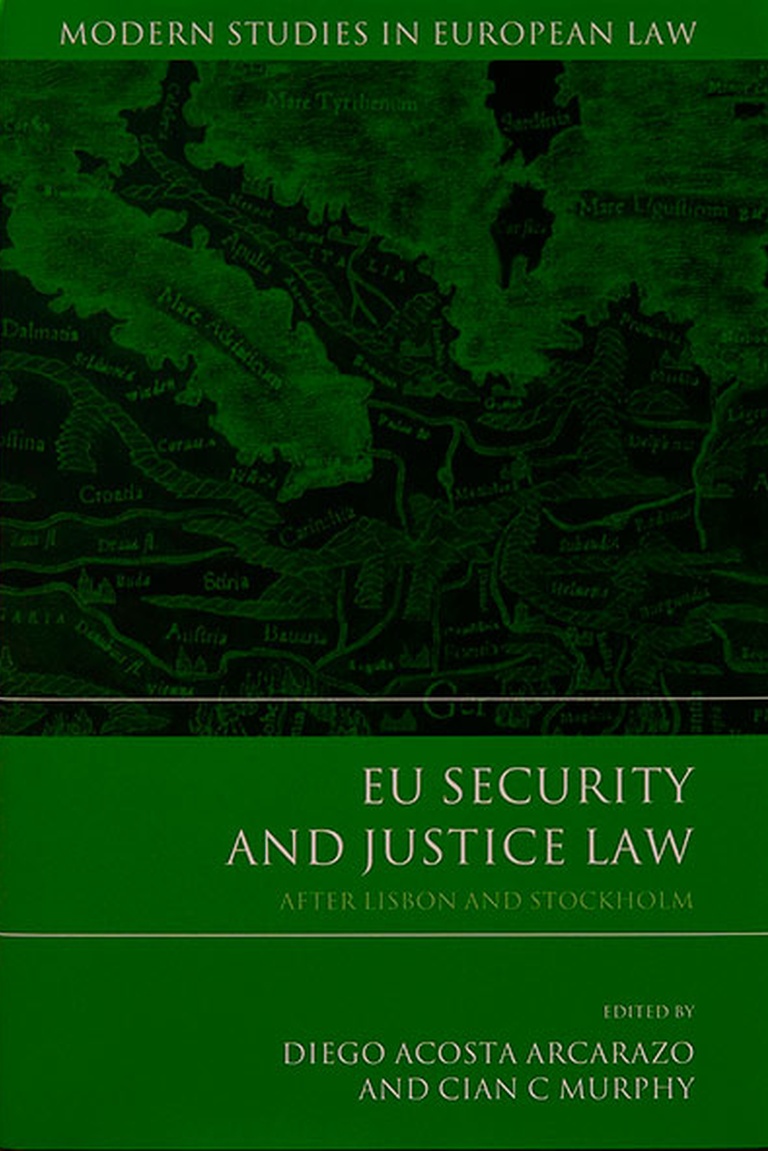There is a tendency in EU law scholarship to over-emphasise novelty and to pronounce a new dawn with each new treaty. For EU law scholars it is always tempting to view the most recent European constitutional moment as the most significant. Yet it may well be more appropriate to accept the inevitable impermanence of any EU constitutional settlement. In counterpoint to the United States’ claims of its striving for a ‘more perfect Union’, even as it perpetuates the fossilisation of its constitution, the EU engages in ongoing constitutional reinvention, while promising its people that everything remains the same. It may be that Europe’s constitutional progress may only take place when it denies it is taking place – slinking forward while convincing its citizens that there is nothing to see. Witness the demise of the Constitutional Treaty, agreed in Dublin but signed, in a self-conscious act of constitutional grandeur, in Rome. The Lisbon Treaty that later proved to be acceptable to the European people is very similar in its content and effects as the Constitutional Treaty. It is more different in appearance than it is in reality.
Suggested citation: Cian Murphy and Diego Acosta, ‘Rethinking Europe’s Freedom, Security and Justice’ in D. Acosta Arcarazo and C. Murpy (eds.) EU Security and Justice Law (Hart, Oxford. January 2014), pp. 2-16.

